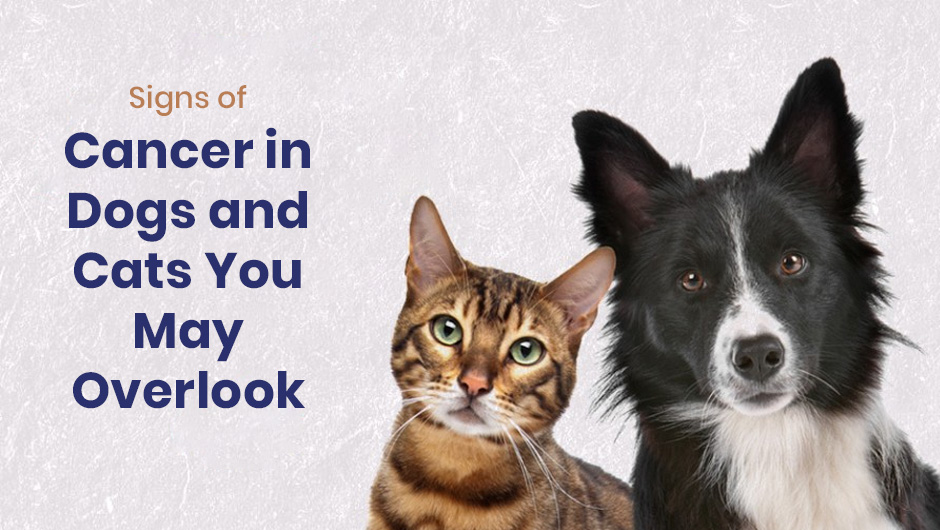Because dogs and cats age much faster than people do, pet owners often mistake symptoms of cancer for normal aging. Many are unaware that cancer is the leading cause of death in pets, especially dogs over age 10. Since November is Pet Cancer Awareness Month, Minnesota Veterinary Hospital would like everyone who owns a dog or cat to be aware of the following symptoms of cancer:
"¢ Abnormal discharge: Bleeding, diarrhea, expelling pus, or vomiting are not normal and should be checked by a veterinarian as soon as possible. A distended or bloated stomach may indicate that the pet is showing signs of internal discharge.
"¢ Appetite change: Disinterest in eating or refusing to eat at all could indicate an oral tumor that makes chewing and swallowing difficult for the pet.
"¢ Body and breath odor: When cancer occurs in the anal region, nose, or mouth, it can produce highly offensive odors.
"¢ Coughing or breathing difficulty: When cancer has spread to a pet’s lungs, it usually causes frequent coughing and even gasping for air.
"¢ Elimination changes: The dog or cat may urinate or defecate more frequently or less often. His or her stools may also be loose or bloody.
"¢ Lethargy: Pets that sleep more, seem depressed, and are less willing to engage in exercise or play may be exhibiting early signs of cancer.
"¢ New lumps or bumps: A hard mass that wasn’t there before could indicate an internal tumor.
"¢ Non-healing wounds: When a cut or wound doesn’t heal in a normal amount of time, it may be cancer that is preventing it from healing.
"¢ Pain: Limping or refusing to use one of the legs may indicate a tumor growing on a bone.
"¢ Weight loss: If you haven't put your pet on a diet, any sudden weight loss should be checked by a veterinarian.
Never Dismiss Symptoms
While these 10 symptoms don’t necessarily mean cancer, we recommend scheduling an immediate appointment if you notice any of them. It is important to determine whether cancer or another health issue is causing problems for your pet. His or her regular veterinarian will conduct a thorough examination and order diagnostic tests to figure out exactly what is causing the symptoms.
If it is cancer, we will begin treating it right away so your pet can remain comfortable and have a good chance of overcoming it. While a cancer diagnosis is difficult to hear, the staff at Minnesota Veterinary Hospital are dedicated to helping your pet survive and thrive in spite of it. After all, November is Pet Cancer Awareness Month.
Photo Credit: Eriklam / Getty Images

